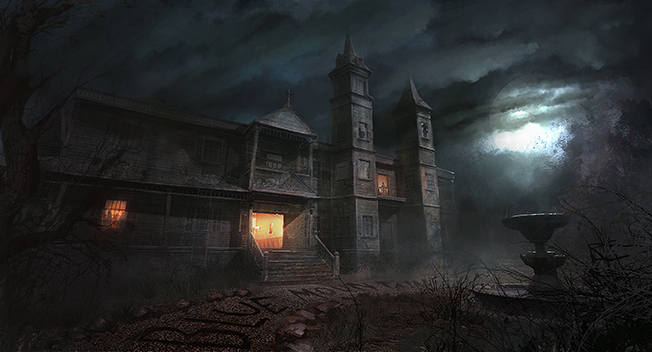One of the main ways an online game conveys its story to the player is through the form of quests. Quests are tasks, each with their own short (or long) backstory that helps to flesh out the world and help immersion. Unfortunately, at times the tasks set out can be incredibly mundane or repetitive which goes against what the story may be indicating. One of the more recent examples of games breaking away from it in a significant way is Funcom’s The Secret World, which was released mid-2012. Looking at it from another angle, Arena.net’s Guild Wars 2 also broke the mould in a different direction. Has either of them made a strong enough change to shape the future?
As it stands, the current questing model is also the primary way players interact with the game world in any sort of meaningful way other than just reading dialogue between characters or item descriptions. In some games, it works well, with the tasks being thought out and the descriptions being a generally useful too on shedding light on the world’s story. Unfortunately sometimes it can also be the weakest aspect and drive away players who are too put off by the poor questing and repetitive tasks, hurting the game world instead.
The Secret World strived to change that, with its modern day setting based on the realisation that every urban legend, myth and story was completely true and hidden from us until now. Quests in this game are called Missions, and have a much more freeform, exploratory feel to them. While some are still similar in vein to your traditional ones, there’s investigative missions which shine above and beyond everything else. Devious in their design, these missions require the player to think outside of the box, going so far as to use the Internet to solve it (not by looking up a walkthrough!). An example being – the game itself has a built in web browser, and it’s utilised at times when you need to navigate to websites for fake companies that are fully fleshed out in order to figure out the name of an employee’s spouse.
This new approach to questing (of which I could go on about for pages more) is generally favoured to be one of The Secret World’s strong points, and I know myself and many others whom I’ve asked would definitely love to see more of this type in future games.
Moving on to Guild Wars 2, Arena.net decided to more or less ditch any type of traditional questing altogether (personal story aside) and the core levelling experience is either through dynamic events (spontaneous events that can alter the game world temporarily) or hearts (location based tasks). This allowed for more freedom in what to do, but also required nearly full map completion per zone (doing all the hearts, exploring everything for more experience) just to move on adequately and without traditional quests, there was no backup.
Upon completion of heart tasks, players would receive a letter in the mail (which can be accessed anywhere) with a short bit of dialogue, though sometimes only a few words, providing more background information.
Both of these systems have flaws. With The Secret World, the flaw is that the investigative missions require a lot more work to develop, test and implement, and also effort on the players end and willpower to avoid looking up a spoiler. Should these two things not be met, the intended experience is diluted and weakened to that of a standard quest.
Guild Wars 2’s dynamic levelling system has its own flaw in that once the allure of it wears out, it can definitely be seen as a grind through and through, for that’s what the system is disguising. With no quests to mask it, there’s a thin layer of defence around it provided only by the fact that no other game has done it on this scale before.
Quests will still exist in their more traditional form, judging by the games being released in 2014, so there’s no worry about having to deal with more complex systems, but it’s more about diversifying what’s already there. The combination of all three would allow for a much more varied experience to levelling, and increase immersion (especially so with investigative-type quests involving thinking, to put it bluntly).
At times it can be easy to think that none of this really matters when all you are is a glorified errand boy, but sometimes all you need to do is slow down and read the story that’s quite literally being shoved in your face and reduce the focus on killing things. Life would bear striking similarities if all we did was rush around from place to place, not listening to anybody and just working, and the same can be said for this.
That’s not to say that all quests are worth reading and every game is a diamond in the rough, just that it’s worth letting the game have a chance to tell its story and if only for a moment allow you to experience a whole other world.

